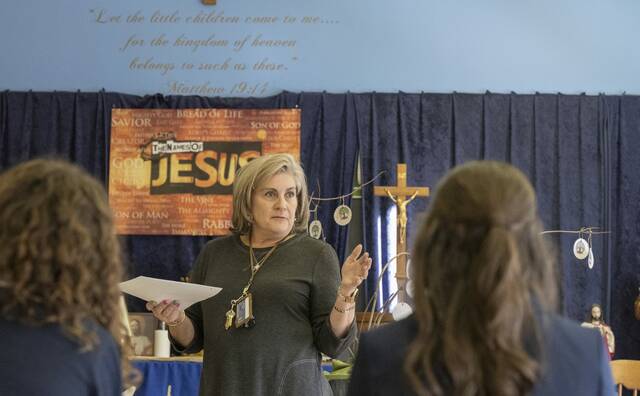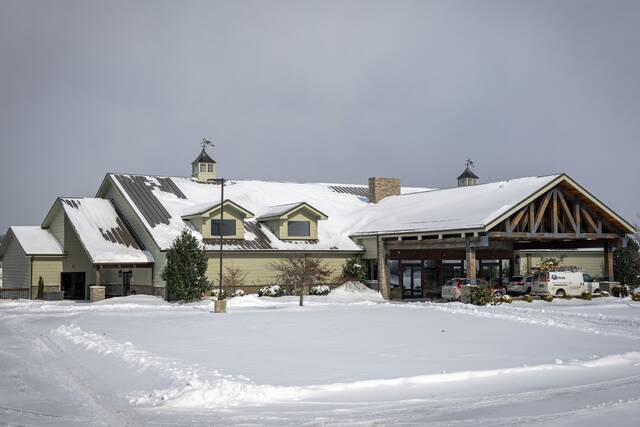Greater Latrobe School District is considering investing in a technology that would use building ventilation systems to curb the coronavirus.
Proposed installation of Needlepoint Bipolar Ionization devices would cost about $450,000, according to Kurt Thomas, the district’s director of facilities, operations and planning. He said about 150 devices would be needed to help clean indoor air at the district’s senior high, junior high and three elementary schools.
According to Global Plasma Solutions, the company that makes the devices, they produce positive and negative ions – charged molecules or atoms. It says the ions combine with particles suspended in the air inside a building, causing them to group into larger clusters so they can more easily be filtered from the air.
The ions also disrupt surface proteins on pathogens, including bacteria and viruses, rendering them inactive, the company says.
For now, Greater Latrobe is bringing as much fresh air as possible into classrooms from outdoors.
“When we get to wintertime, we’ll be able to use this technology to minimize the amount of outdoor air but still provide treated air to the space,” Thomas said.
Based in Charlotte, N.C., Global Plasma Solutions cites a laboratory study that demonstrated its ionization technology reduced a surface strain of SARS-CoV-2, the particular coronavirus behind the current global health pandemic, by 99.4% within 30 minutes.
The company’s technology was applied in a test by Aviation Clean Air designed to mimic conditions in an aircraft.
The ionization system is expected to appear on the Greater Latrobe School Board’s October agenda.
If the board agrees to purchase it, Thomas said the goal would be to have it installed at school buildings before January.
The system would be paid for from the district’s capital improvement budget and would have an expected lifespan of a little over a decade before having to be replaced, he said.
The proposed ionization system is among enhancements to indoor environmental quality the district has been exploring through a partnership with Siemens Industry, Thomas said
Beyond the coronavirus pandemic, he said, the ionization system would continue to have value in cleansing indoor air of other unwanted particles, such as pollen and mold spores.
“While common in the hospitality industry, airports and corporations, this technology is on the rise for educational facilities,” Thomas said.
Carnegie Mellon University has piloted use of advanced HVAC-related air-cleaning systems in 22 campus buildings, installing Global Plasma Solution’s ionization technology in 16 of them.
University officials will monitor the effect of the HVAC enhancements during seasonal changes before deciding whether additional enhancements are warranted over the winter break.
Global Plasma isn’t the only company marketing bipolar ionization. In 2014, Rivers Casino on Pittsburgh’s North Shore installed a version produced by AtmosAir Solutions.








